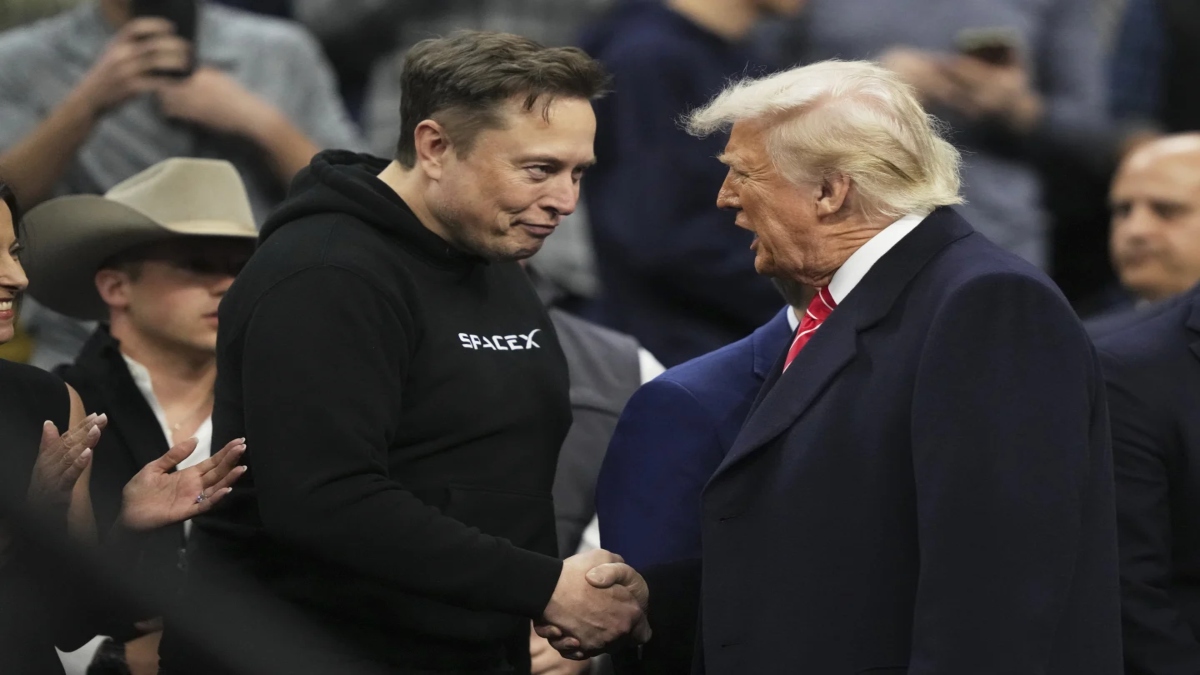In a first of its kind, Elon Musk publicly disagreed with the US President and his close ally Donald Trump, expressing disappointment over the ‘One Big Beautiful Bill’.
“I was disappointed to see the massive spending bill, frankly,” Musk said in an interview with CBS. “It increases the budget deficit, rather than reducing it, and undermines the work the Doge team is doing.”
During the interview, Musk appeared to distance himself from President Trump’s new $3.8 trillion proposal, officially titled the “One Big Beautiful Bill Act.” The bill, still awaiting Senate approval, seeks to extend the 2017 tax cuts, increase border spending, cut clean energy credits, and impose work requirements for Medicaid.
“I think a bill can be big, or it can be beautiful,” Musk said. “But I don’t know if it can be both—just my personal opinion.”
Musk’s comments mark a clear departure from Trump’s enthusiastic support for the bill, which the president has described as a cornerstone of his second-term economic agenda. However, the Congressional Budget Office (CBO) estimates the legislation would add $3.8 trillion to the national deficit by 2034, raising concerns even among fiscal conservatives.
The bill proposes to extend tax cuts introduced by Trump in 2017, which are set to expire this year. According to a report dated 22 May from the University of Pennsylvania, this extension alone could increase the primary deficit by $2.8 trillion over the next decade—contradicting Trump’s promises made ahead of the last US election.
Impact Shorts
More ShortsMusk-led Doge
Elon Musk currently leads the Department of Government Efficiency (Doge) in President Trump’s second administration—an initiative aimed at reducing federal spending and streamlining government operations.
Under Musk’s leadership, Doge introduced aggressive cost-cutting measures, including mass layoffs and the downsizing of federal agencies. While Musk has claimed these efforts saved taxpayers $175 billion, critics have questioned the accuracy of these figures and the legality of his authority, resulting in multiple lawsuits challenging both his role and the constitutionality of Doge’s actions.


)

)
)
)
)
)
)
)
)



